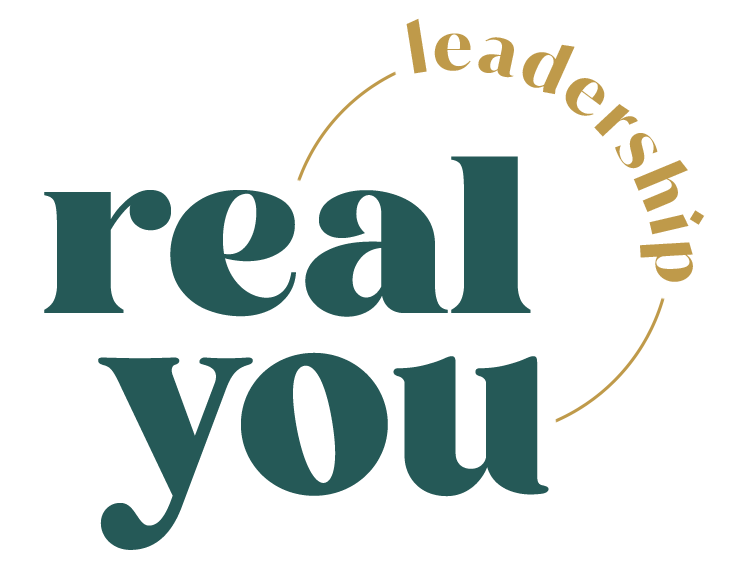3 ways leaders can unlearn harmful behavior
I talk a lot about the practice of un-learning in our leadership coaching and management training work, especially with women of color, API women, immigrants, and first-generation folx. To learn how to be more empowering, equitable, and inclusive leaders, we have to create space by releasing habits and behaviors that no longer support us and our teams.
What we are often unlearning in our leadership journey is internal programming and defense mechanisms that society and the inequitable systems we operate under have implanted in us.
These defense habits have protected us in our lives, whether in our childhood, education, or throughout our careers, but at some point, they end up harming us or holding us back more than they protect us in our careers and lives. And beyond negatively impacting yourself, you could end up projecting these habits onto others and holding your team back from succeeding in their roles.
A few internal defense behaviors, or as we call them in Real You Leadership, “Inner Haters”, our clients actively work to let go of:
People-pleasing
Perfectionism
Self-deprecation
Avoiding conflict
Feeling like an imposter, perpetual "not good enough-ness"
Deep survival mode and hyper-defensiveness
Shaming, judgment, and bias
Whether you’re an executive, people manager, or individual contributor, understanding the best ways you can practice self-management and shift away from operating under these learned defense mechanisms will help empower you as a professional and make a more positive impact in the work communities you serve.
Learning how to effectively and openly handle conflict, navigate failure, and stay curious about yourself and your teams, requires compassion, curiosity, and courage. These are the qualities and soft skills that are harder to practice when we let these harmful internal programs get in the way. However, they are critical to cultivating workplaces for everyone of all different diverse dimensions to thrive in and building trusting relationships with your stakeholders.
Here are three tips to start and deepen your unlearning process in your leadership journey:
1. Continue growing your self-awareness and identify your triggers
We can’t move through, heal from, or get over what we won’t name. Learn about your natural defense mechanisms and how they show up on a daily basis. Pay attention to your internal dialogue, how your body reacts and changes and name it.
You can ask yourself and reflect on these deep inquiries:
What situations, people, or power dynamics activate this block and defense response in me?
How does this activate in my body? Where do I feel it most?
How does this activation impact my decision-making, confidence, and communication with my team and stakeholders?
What’s one way I can let go of this behavior today?
And learn to practice this outwards with your work community. You can ask them what their biggest communication, performance, and mindset blocks and challenges are, and offer up ways to support them when they activate.
2. Create space for your human emotions and normalize them
All leaders have feelings and fears. If you’re thinking you have to be fearless, have fortified composure, and always keep your cool to be the best leader you can be, it’s time to unlearn that and get real about how much that’s holding you back from being your most authentic self at work.
Leave space for multiple truths. Examples of that could look like:
We can be scared of not hitting our business goals AND still move forward with confidence on the strategy we agreed upon to the best of our abilities
We can mess up big with a team member AND we can apologize and ask ourselves how we can do better next time
The goal is never to stop our natural human emotions and defense mechanisms from activating, that would be impossible. The goal is to normalize our human experience and the full range of complex emotions and thought patterns that emerge. So many leaders get lost in the shame of not being perfect, always on their A-game, and not having all the answers all the time.
Business is no longer a space where we have to "check our emotions at the door" when we enter our workspaces. It's critical for all managers and leaders to know how to check in with themselves and with their team members, and to create psychologically safe spaces where we can bring our authentic, real experiences and perspectives to work. If you can do this for yourself, you can do this effectively for the people and teams that you lead.
3. Give yourself and others grace and compassion by practicing progress over perfection
The best leaders aren't perfect and don't have all the answers and solutions. They learn how to navigate the unknown, cultivate the courage to make mistakes, and get curious about what their learning opportunities are and how to move forward in action.
Easier said than done, right? People often forget that innovation, pushing the envelope, and essentially risk-taking in business and leadership require a lot of grace and compassion, in you as the leader, for your individual team members, and between each other.
Organizations often share diversity, equity, and inclusion statements with vague commitments to BIPOC, women, and marginalized communities. But, they don’t do the work to ensure that their leaders create a safe place for learning, experimenting, and doing their job imperfectly.
To gauge whether or not you’re currently leading by example and showing that you value progress over perfection from your team members, ask yourself:
How do you currently practice self-compassion when you mess up and get it wrong in front of your team?
How do you communicate, "I don't know the answers" with grace while inspiring your teams to continue moving forward with the confidence that you will figure it out together?
Lead by example. Give grace to others when they need it, recognize when they might be operating from their defense activations, and focus on coaching your team to find their next steps.
If your team needs help with giving and receiving feedback, working together in harmony, and creating a safe place for learning, experimenting, and doing their job imperfectly, partner with us.
We offer a variety of services to accommodate the support your team may need, from signature workshops to people manager training.
Leadership & Negotiation Coach for Women of Color in Technology|Founder|Workshop Facilitator, Speaker & Trainer
Nadia’s career and leadership expertise has been featured in CNBC, HuffPost, FastCompany, New York Times Kids, and The Muse.
BROWSE BY CATEGORY:

